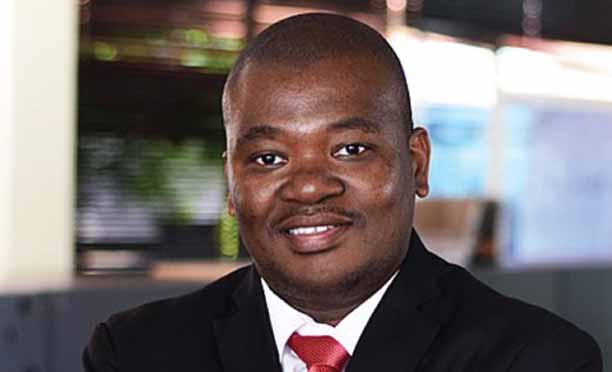Withstand societal pressure with Emotional Intelligence
A new year often brings new hope, however, when that hope is shattered by failure and disappointment; it could be a matter of life and death for some.
Although mental health, depression and other related illnesses, as well as suicide are everyday challenges that society grapples with, they are often heightened during times like festive season.
Social Worker also Lecturer at University of Botswana, Kgomotso Jongman says people should not allow societal pressure to weigh them down, especially during this time. “Of late, we have become a very materialistic society, we judge each other on what we have achieved materially than our purpose,” he says.
For example, when people travel for holidays to their respective villages, others have bought new cars; others bring new wives, while others show off their latest fashion and prized possessions.
Jongman who heads Jo’Speaks - an organisation focused on youth development and purposeful living, adds that it is critical for individuals to find purpose and set personal goals that will help them withstand unreasonable social expectation.
“It’s a challenge because my family and relatives may judge me because I have not yet bought a car, and not on the impact and value that I have made in other people’s lives, because that they cannot see. There is always conflict between my goal and social expectation,” he says.Jongman adds that if people are not strong enough, they may crumble under emotional, psychological, mental and financial strain and pressure. The way out, according to him is for people to develop their emotional state and become emotionally intelligent.
“We can only win by emotional intelligence. When you are emotionally intelligent, you are able to withstand such pressure and even laugh off some of the things that may deem hurtful,” he says.
David Mangwegape of Embrace Emotions Support Network (EESN) concurs. He believes that pressure to satisfy people is often detrimental. Mangwegape, also a Social Worker by profession says though depression, mental illness and other related illnesses, and even suicide are not specific to a certain period of the year, festive season could heighten them.
“During family gatherings other family members tend to look down on others perhaps because of what they have failed to achieve in their view.” When this happens, according to Mangwegape, one might feel like they are hopeless and are a disappointment, and that they may not have a reason to live. “It is important to be sensitive to those around you and be aware of the signs,” Mangwegape cautions, warning that some people take such issues very lightly until too late. He advises that people should look out for a number of warning signs including; previous suicide attempts, talking about death or suicide, withdrawing from family and friends, moodiness, and feeling worthless.
He believes that it is the responsibility of parents, guardians, siblings, friends, colleagues to always read between the lines when one gives signals that they are going through difficulties or challenges in their lives. According to World Health Organisation (WHO) 2017 data, 220 or 1.5 percent of all deaths were attributed to suicide in Botswana. Botswana is currently ranked 57th in the world. Generally, the majority of suicides and suicides attempts occur among individuals who suffer from undiagnosed and untreated mental illness and depression, with WHO estimating that more than 300 million people are affected by depression worldwide.
In Botswana, men are the most affected. According to Near Bagali of the Botswana Police Public Relations Unit, currently specific number of suicide cases are not available, however, most suicides emanate from murder cases and attempts, as well as cases of crimes of passion. “Men are the most affected as they hang themselves especially after committing the offence of murder as a result of misunderstandings, particularly involving relationships,” says Bagali. So far this year, there have been 555 murder and attempts and 85 cases of crimes of passion.
This year’s message from the International Association for Suicide Prevention (IASP) has been that all need to work together to prevent suicide. The organisation believes that taking a minute to reach out to someone in the community, a family member, friend, colleague or even a stranger could change the course of another’s life.According to IASP, people are often reluctant to intervene for fear of not knowing what to say among other reasons. “There is no specific formula. Empathy, compassion, genuine concern and a desire to help are key to preventing a tragedy.”
IASP also suggests that some people hesitate to intervene from fear of making the situation worse. However, evidence suggests that this is not the case. “The offer of support and a listening ear are more likely to reduce distress, as opposed to exacerbating it.”





